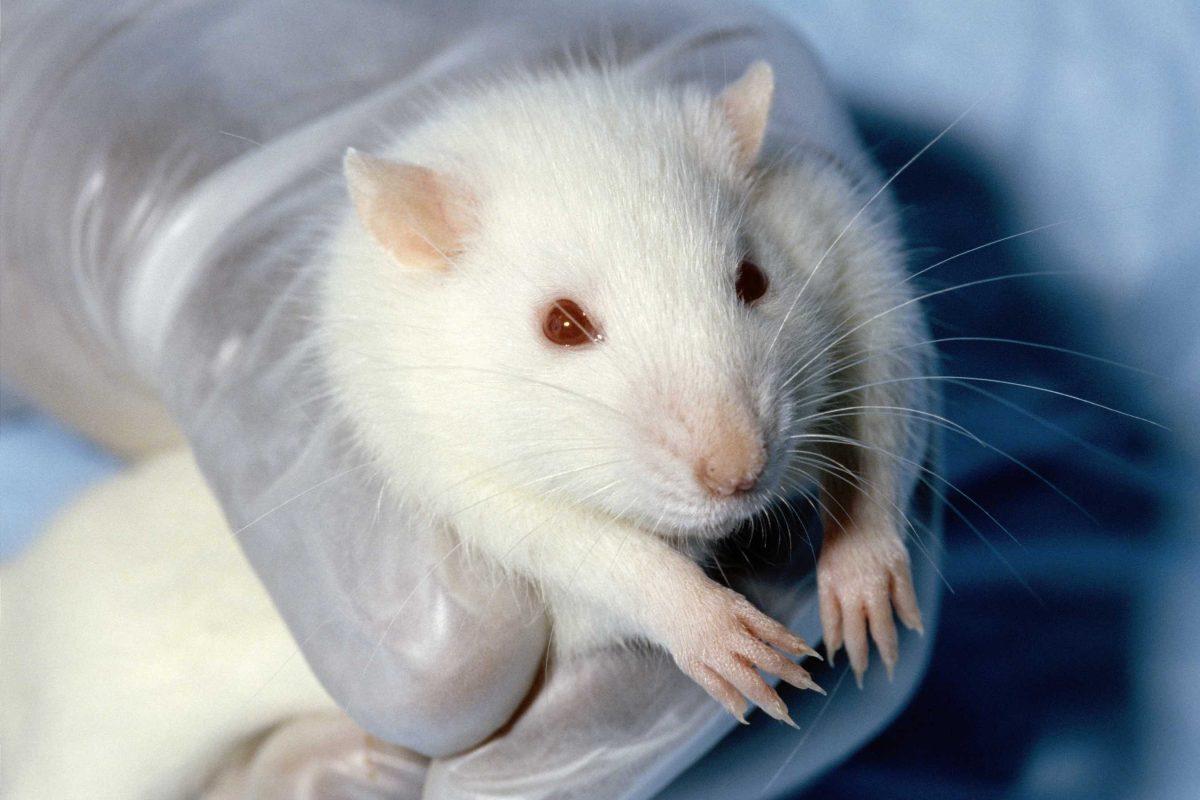Medicine and technology have transformed mankind from primitive, cave-dwelling animals into sophisticated, rational beings capable of flying to the moon. But all too often, the processes that have contributed most to human development are attacked, penalized and denigrated.
In January, researchers in Nanjing, China reported the first successful attempt at genetically engineering monkeys with targeted mutations. Using the recently popularized CRISPR method, geneticists were able to breed twin monkeys both possessing mutations in genes responsible for metabolism and immune system function.
While this may seem uneventful, these results hint at a future biomedical breakthrough with a potential to increase the standard of living and life expectancy. With the Pennington Biomedical Research Center just minutes from campus and the interest in STEM majors growing, the complete legalization and deregulation of animal testing would reap both economic and health benefits not only for LSU students, but for the entire nation.
However, activist groups and politicians have historically been quick to label animal testing as inhumane and ethically evil.
Before discussing the luxury and necessity of animal testing, allow me to mention this — rights do not apply to animals in any way. They apply only to humans. Rights stem from the necessity of man to live among one another in a society and from our capacity to reason.
Although many animals display a minimal amount of cognition, they in no way compare to the reasoning capability of humans. Ayn Rand accurately said “man has no automatic code of survival … no automatic course of action.” Animals act purely on instinct; they intrinsically possess an automatic course of action and are unable to reason or adopt any ethical code.
For these reasons, and countless more, animals possess no right to life, no right to vote and no right to property like man. Along with its moral justification, history supports the argument for animal testing.
Since the 20th century, testing has been responsible for the development of the polio vaccine, modern anesthetics, leprosy antibiotics, research efforts against AIDS and HIV and organ transplant techniques. Without animal subjects, these breakthroughs would have either been heavily delayed or non-existent.
Testing, observation and further experimentation are the cornerstones of sound science and have led to the discovery and creation of drugs that have saved millions of lives worldwide.
I see no legitimate reason to oppose animal testing, other than the fear and hatred of animal abuse.
I agree that torturing animals is absurd and twisted, but those feelings do not grant animals the right to be protected from testing, no matter how dangerous the experiment may be. Despite what mainstream media claims, most experiments are humane and closely monitored.
Congress believes otherwise, so they passed the Animal Welfare Act in 1966. Since then, the government has required businesses, institutions and even families who intend to conduct research or sell large quantities of animals to be licensed and/or registered. Along with the obscene amounts of paperwork required to reach approval, businesses must follow numerous federal guidelines when conducting research, otherwise face fines or prison.
Without question, this bill has slowed the rate of medical innovation. Generations of scientific testing have led to more effective, efficient medicines that have drastically improved our standard of life; but the prospect of future discoveries is in jeopardy.
Just a century ago, it was considered lucky to reach your 50th birthday. Now, we often see 70 year olds competing in marathons — animal testing is largely to thank. It’s vital that we end the polarizing debate and allow for universities and other institutions to expand testing capacities free from any outside intervention.
The economic, social, and medical benefits are incalculable. Who knows what breakthroughs await us?
One thing’s for sure: if someone were to ask, “So you’d rather humans live longer and healthier at the expense of animals?” I’d answer: “Absolutely.”
Andrew Stolzle is a 21-year-old nuclear engineering junior from Baton Rouge.
600 words of Sommers: No. There are more humane alternatives
Atlas Has Shrugged: Yes. Rights only apply to humans
February 12, 2014
More to Discover








